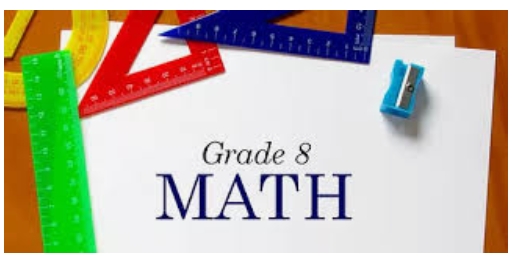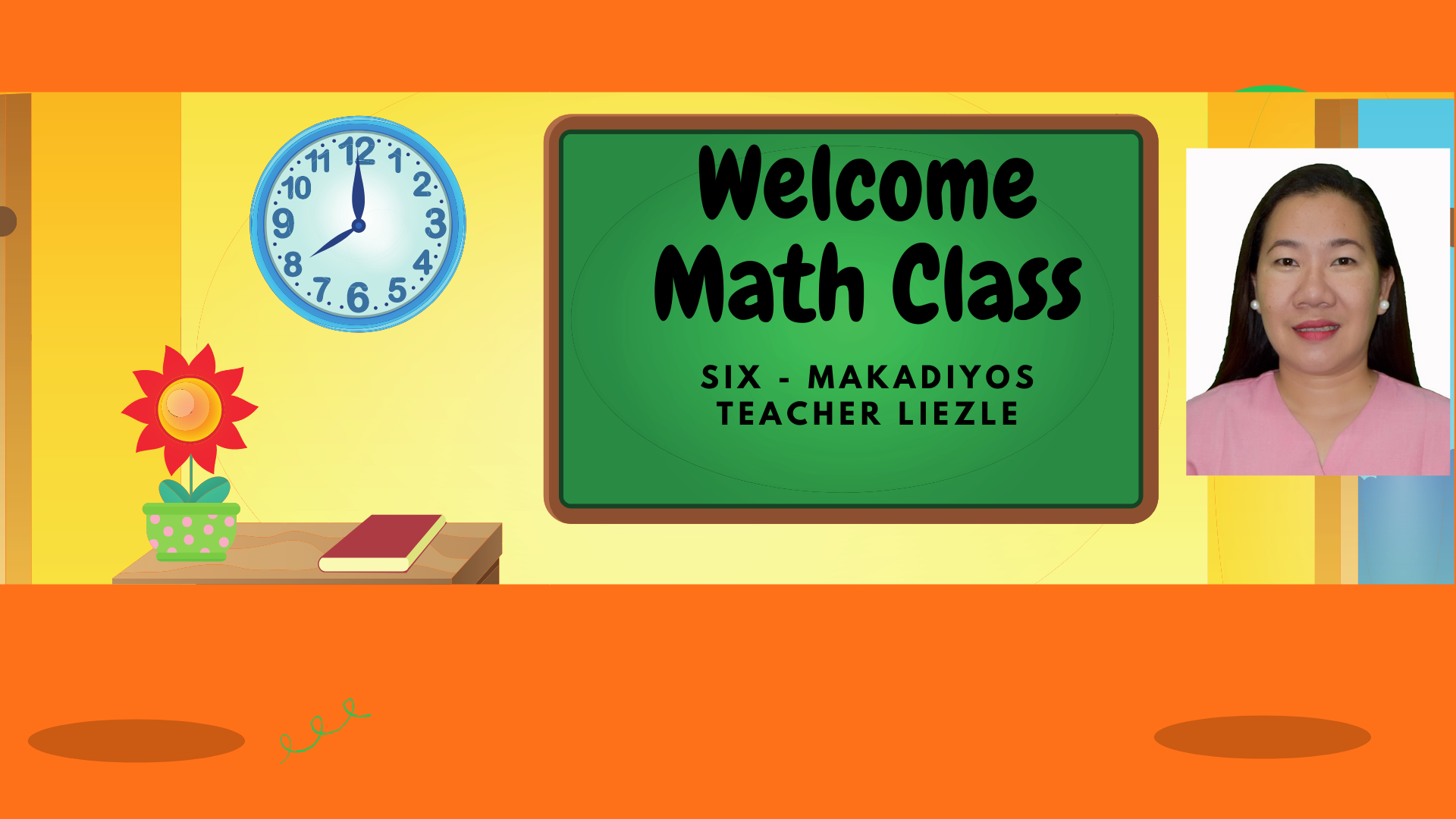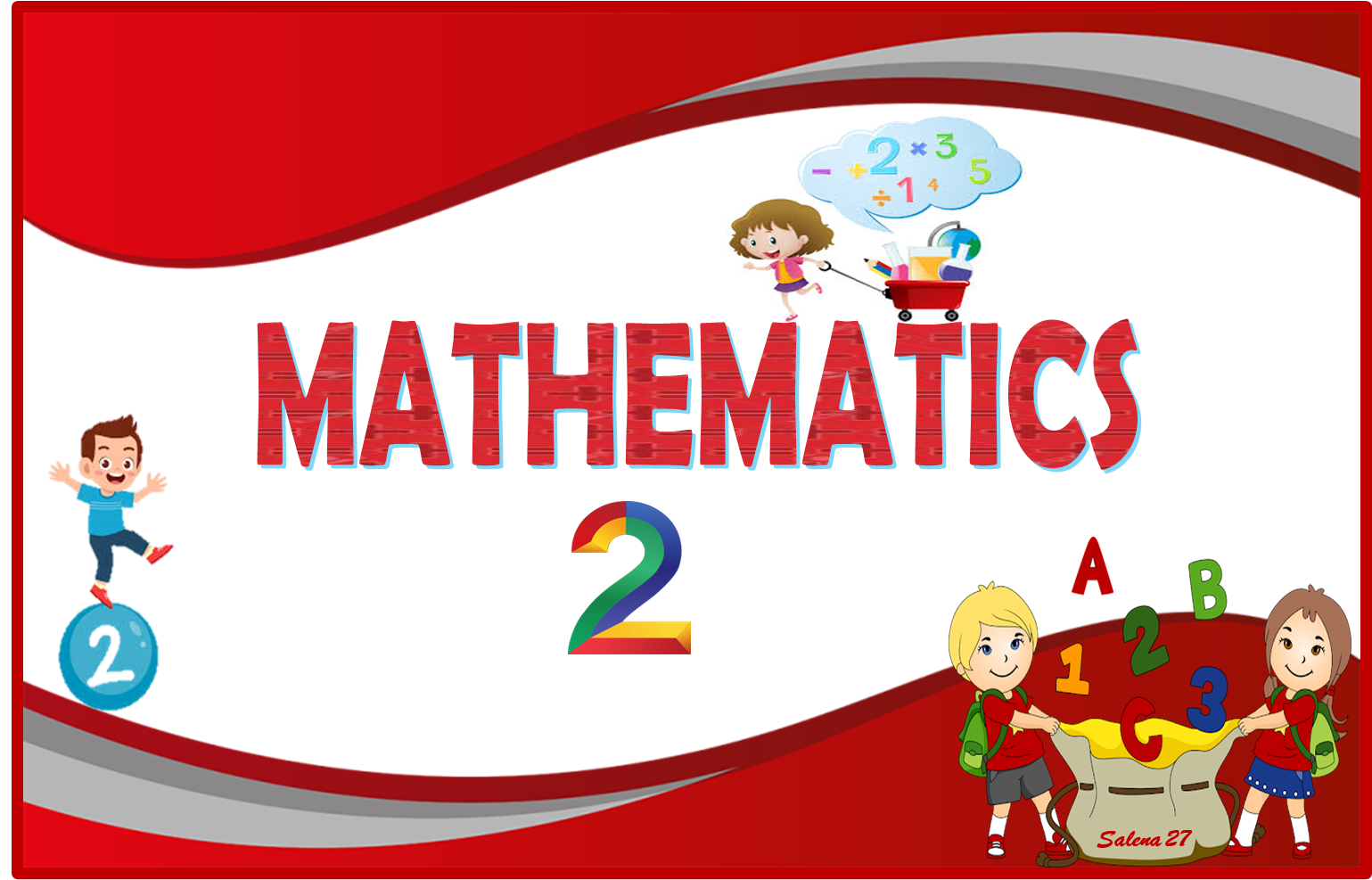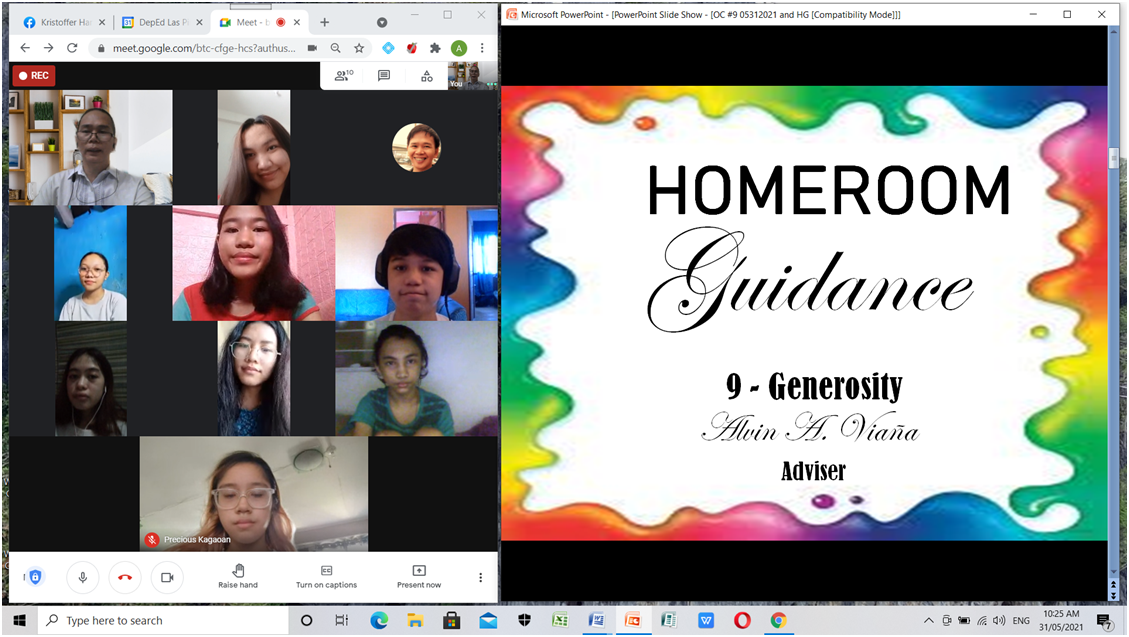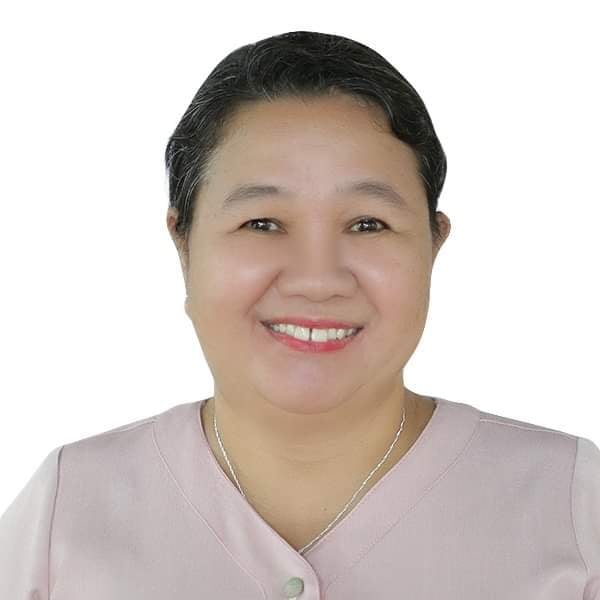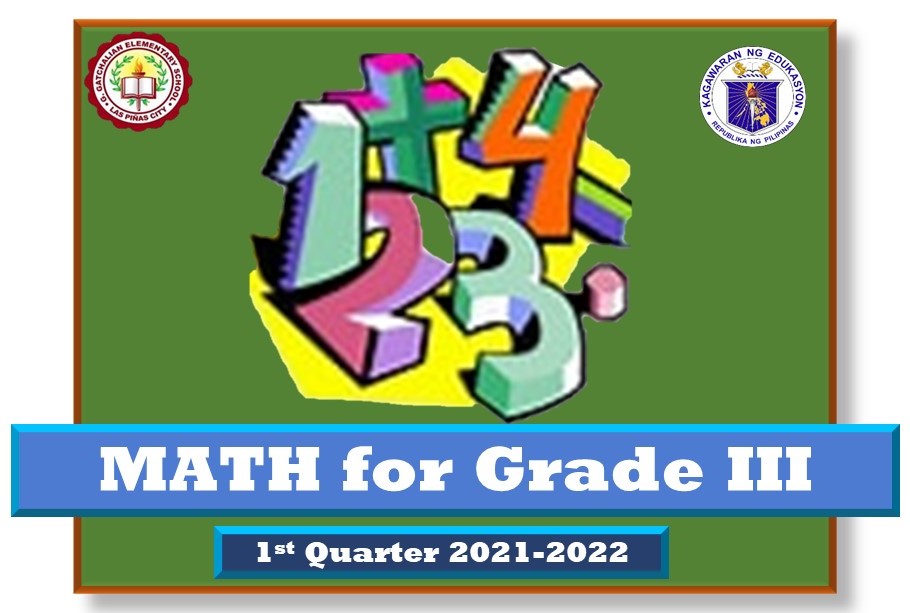Search results: 415

Math 4P.Positibo
Hi! Grade 4 Pagiging Positibo Math Learners!? Let's explore Math activities!?
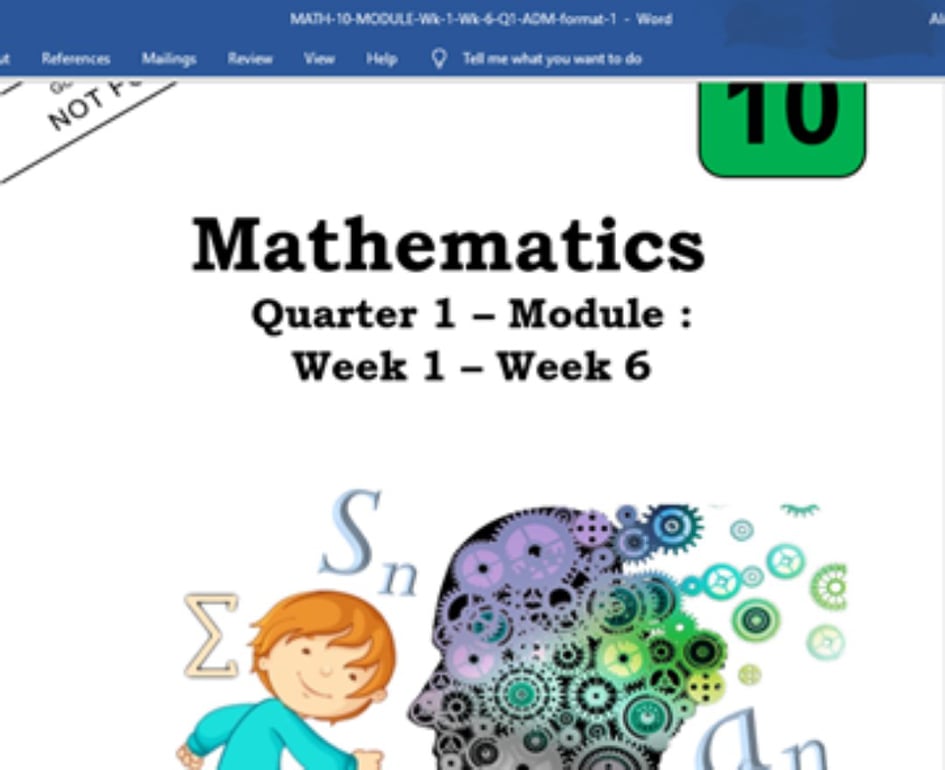
MATHEMATICS 10
This course is intended for those grade 10 students of Las Pinas East National High School.
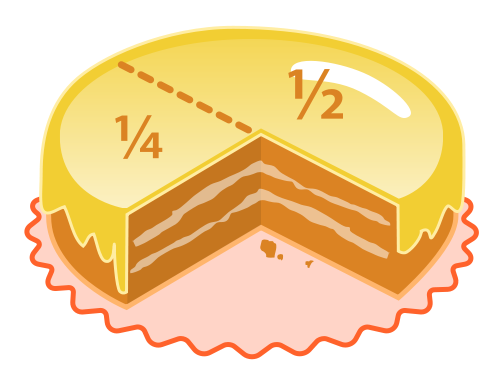
MATHEMATICS 2: LEARNING FRACTION
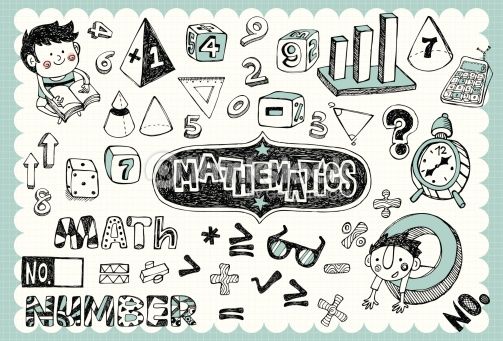
Mathematics 3 -Magalang
This course is provided for grade 3 learners to easily access the resources and activities in mathematics
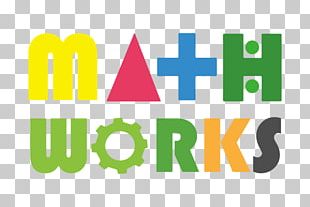
Mathematics 6
This learning materials is exclusively use for Grade VI pupils of District 3. Happy Learning!
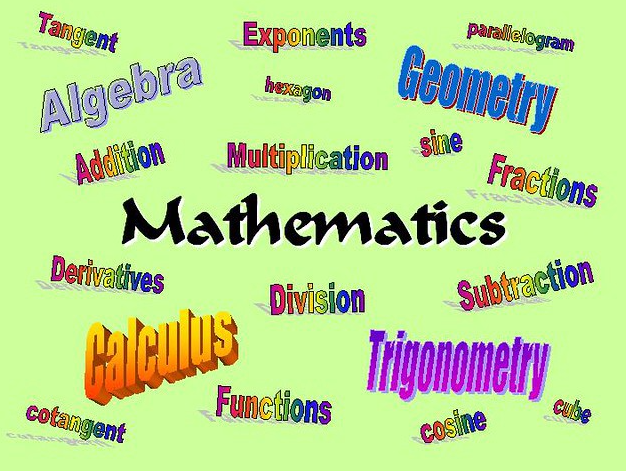
MATHEMATICS 6
This course is intended for the grade six learners. This course is all about performing Operations on Integers (2nd Quarter Week 8)

MATHEMATICS 7
This course is intended for the students of Las Pinas East National HIgh School-Grade 7 Students
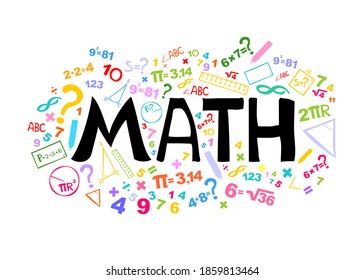
MATHEMATICS 7
This course is intended for the grade 7 students of Las Pinas East National High School for the first Quarter of school year 2021 - 2022.

MATHEMATICS 9
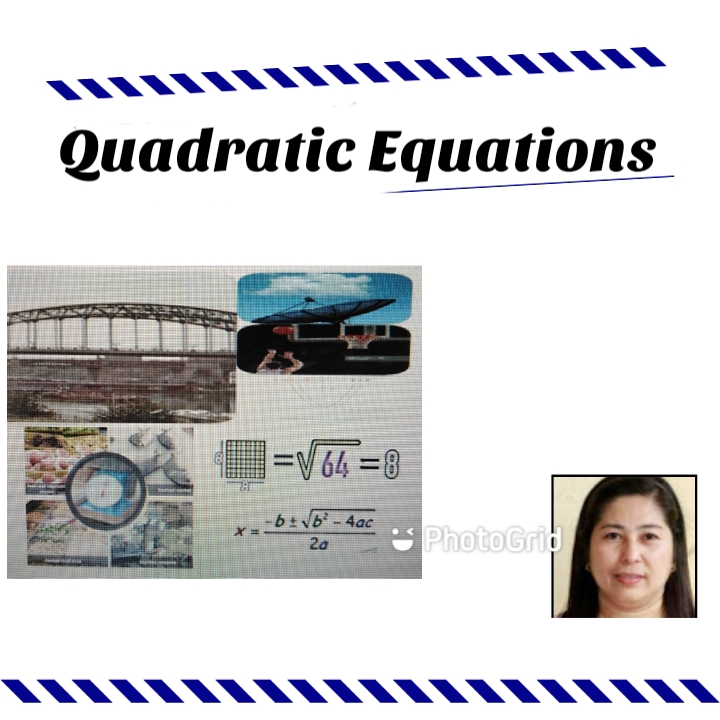 This course is intended for Grade 9 students of LPNHS Almanza.
This course is intended for Grade 9 students of LPNHS Almanza.
The course explains the topic on Quadratic Equations. It discussess the basic concepts of quadratic equations and solving quadratic equations using different methods - factoring, square roo method, completing the square and quadratic formula. Real life problems were also given for indepth mastery and application.

Media and Information Literacy Diplomacy
This course is intended for grade 12 Diplomacy of Las Pinas City National Science High School students.
Media and Information Literacy consists of the knowledge, the attitudes, and the sum of the skills needed to know when and what information is needed; where and how to obtain that information; how to evaluate it critically and organise it once it is found; and how to use it in an ethical way.
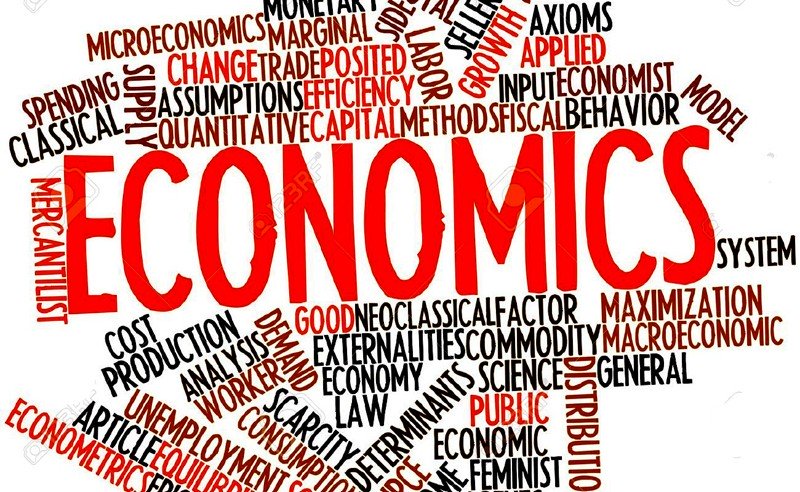
MORGIA - GRADE 9
Paano Gamitin ang Modyul
Bago simulan ang Modyul, kailangang isantabi muna ang lahat ng iyong mga pinagkakaabalahan upang mabigyang pokus ang iyong gagawing pag-aaral gamit ang SLeM na ito. Basahin ang mga simpleng panuto na nasa ibaba para makamit ang layunin sa paggamit nito.
1. Sundin ang lahat ng panutong nakasaad sa bawat pahina ng Modyul.
2. Isulat ang mahahalagang impormasyon tungkol sa aralin sa iyong
kwaderno. Nagpapayaman ng kaalaman ang gawaing ito dahil madali
mong matatandaan ang mga araling nalinang.
3. Gawin ang lahat ng mga pagsasanay na makikita sa Modyul.
4. Hayaang ang iyong tagapagdaloy ang magsuri sa iyong mga kasagutan.
5. Pag-aralang mabuti ang naging katapusang pagsusulit upang malaman
ang antas ng iyong pagkatuto. Ito ang magiging batayan kung may
kakailanganin ka pang dagdag na pagsasanay para lalong malinang ang
aralin. Lahat ng iyong natutuhan ay gamitin sa pang-araw-araw na
gawain.
6. Nawa’y maging masaya ka sa pag-aaral gamit ang Modyul.
